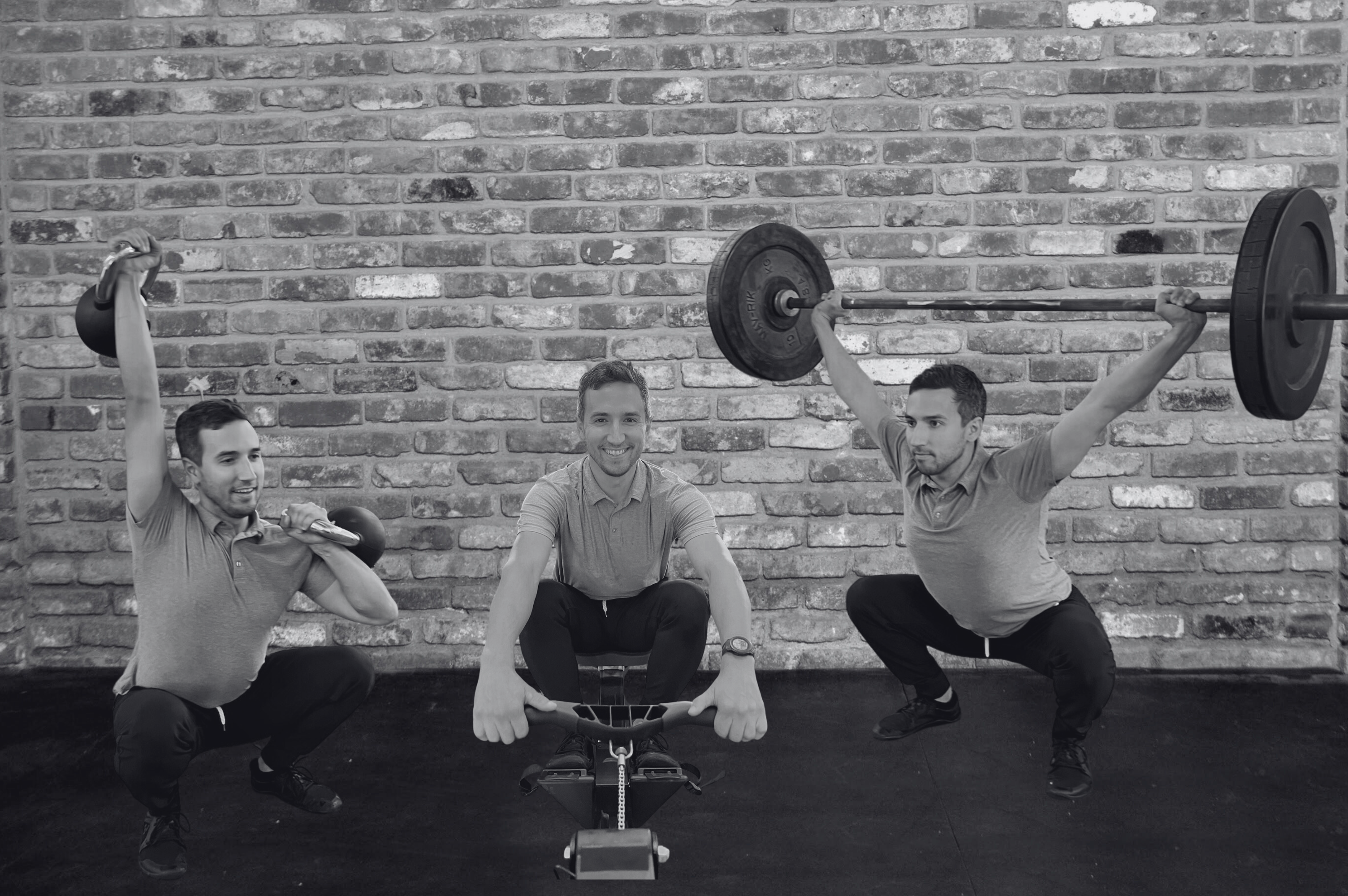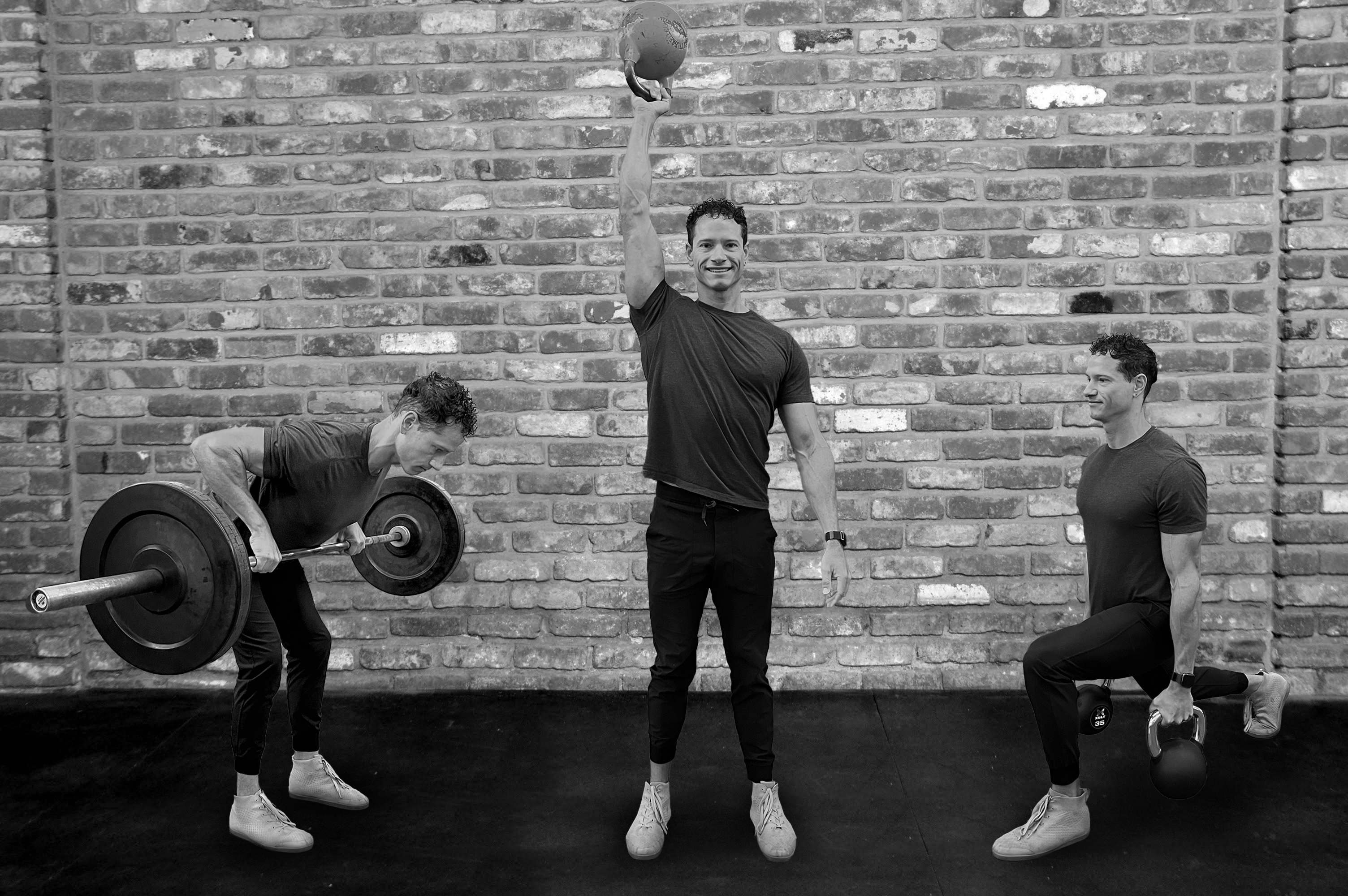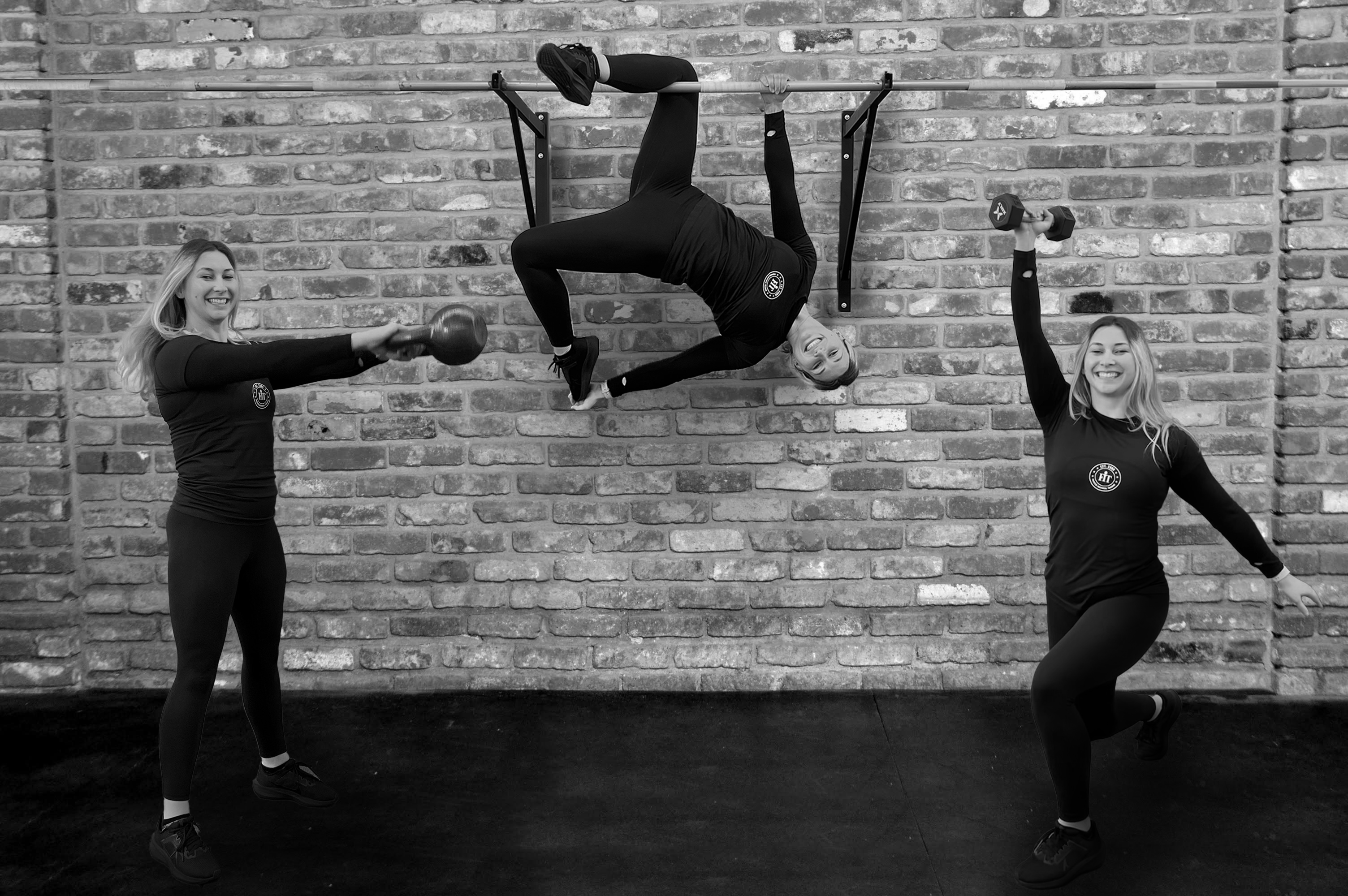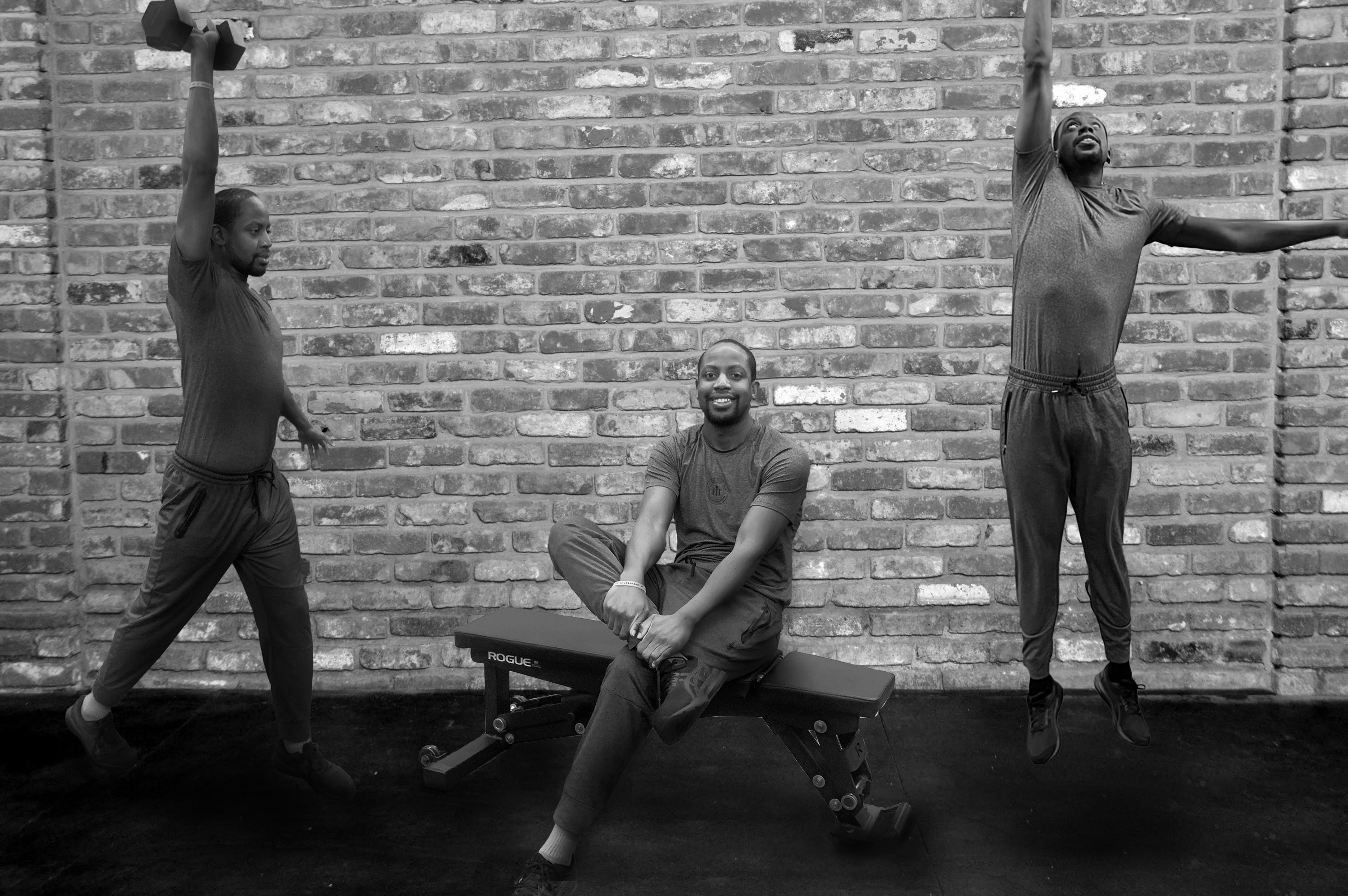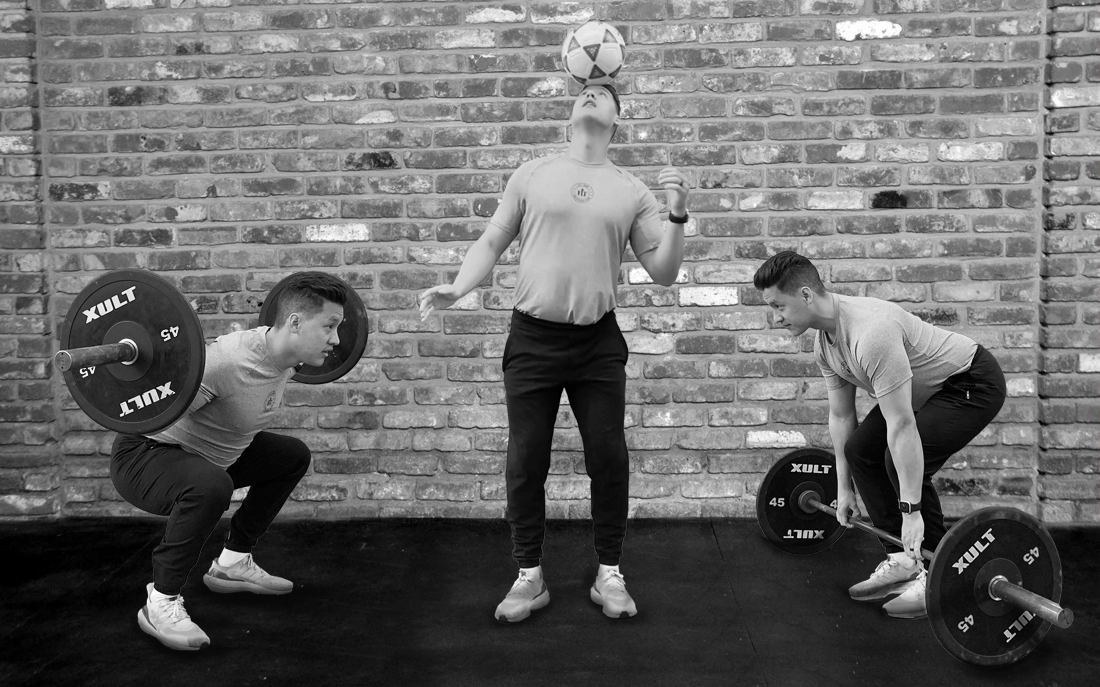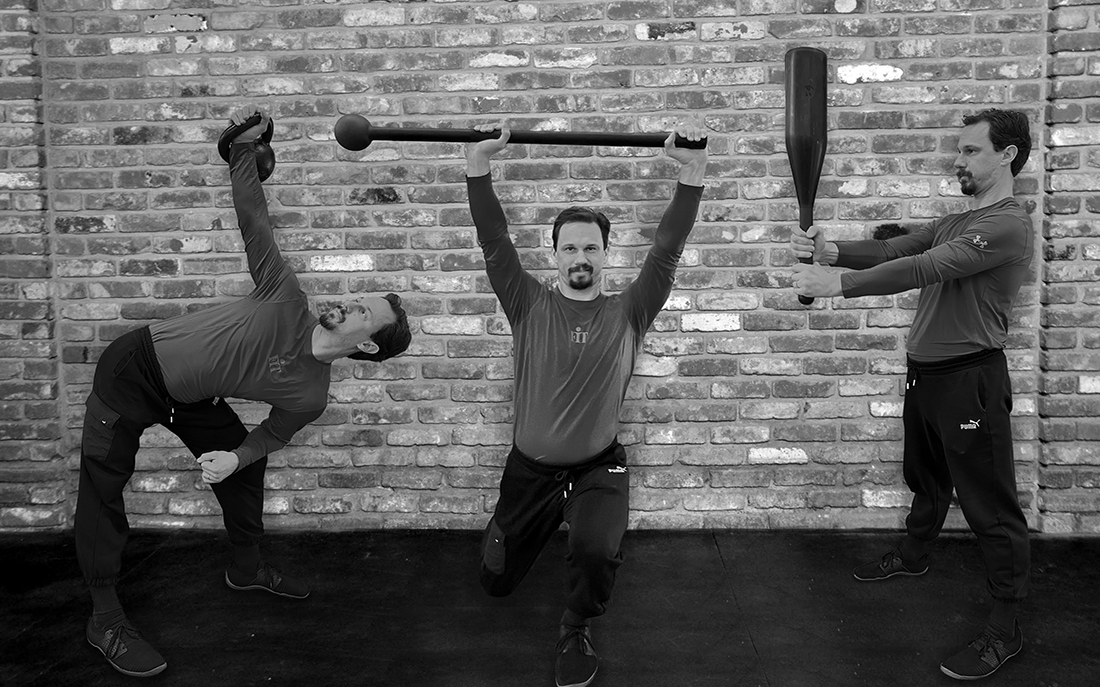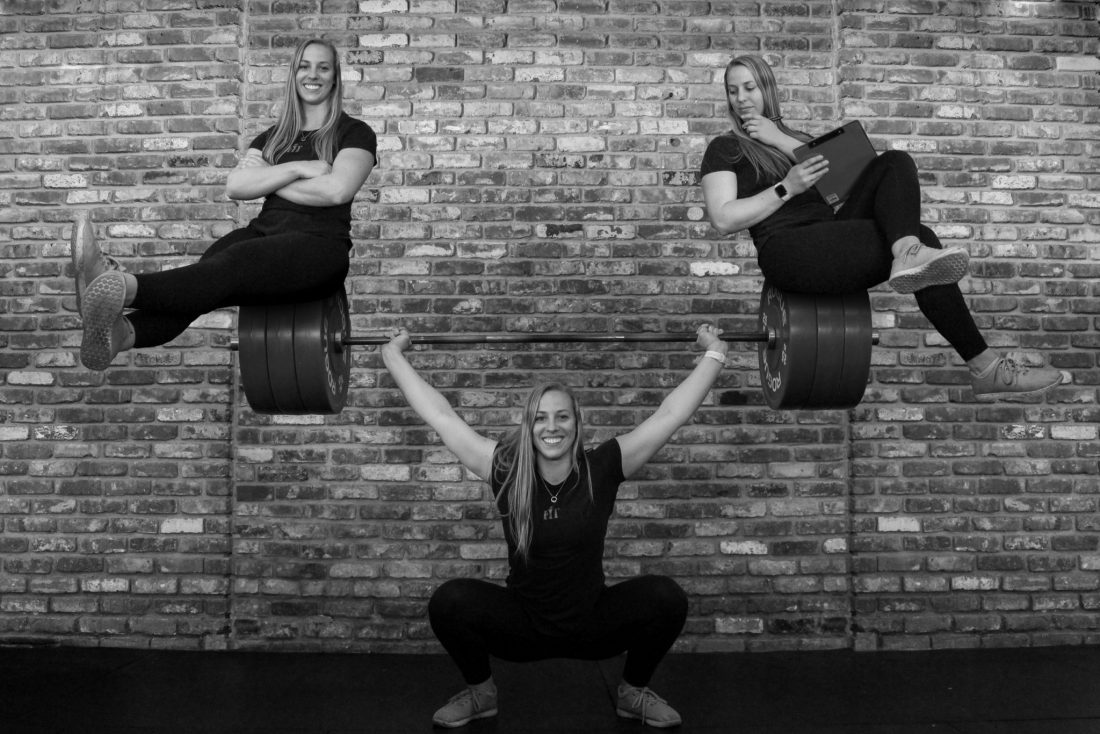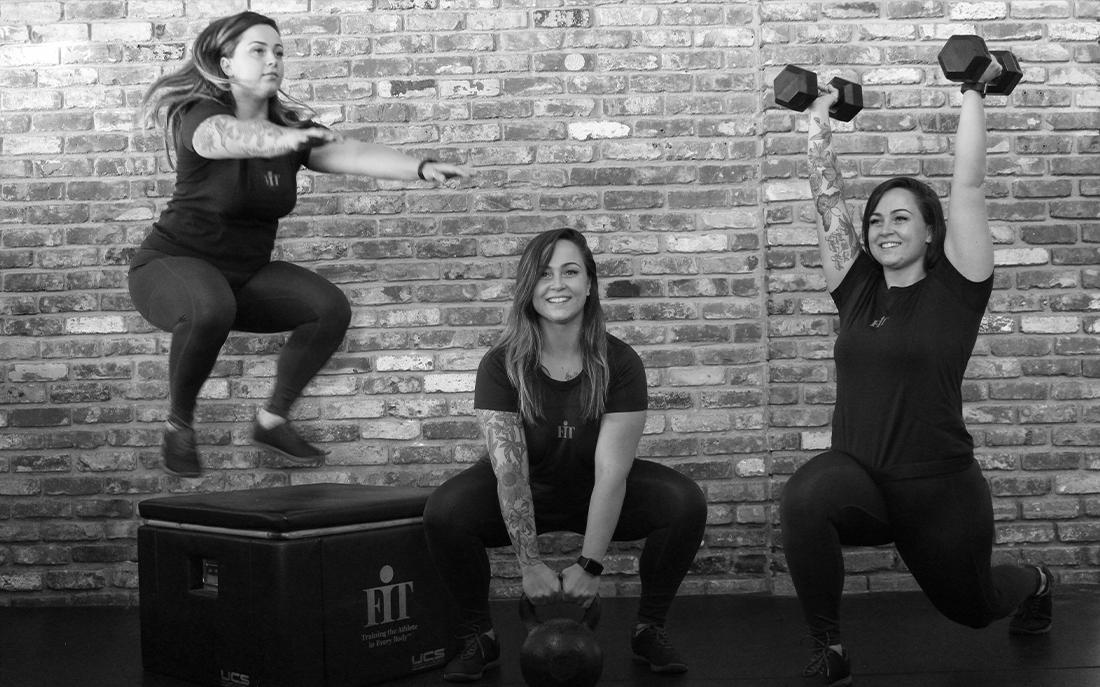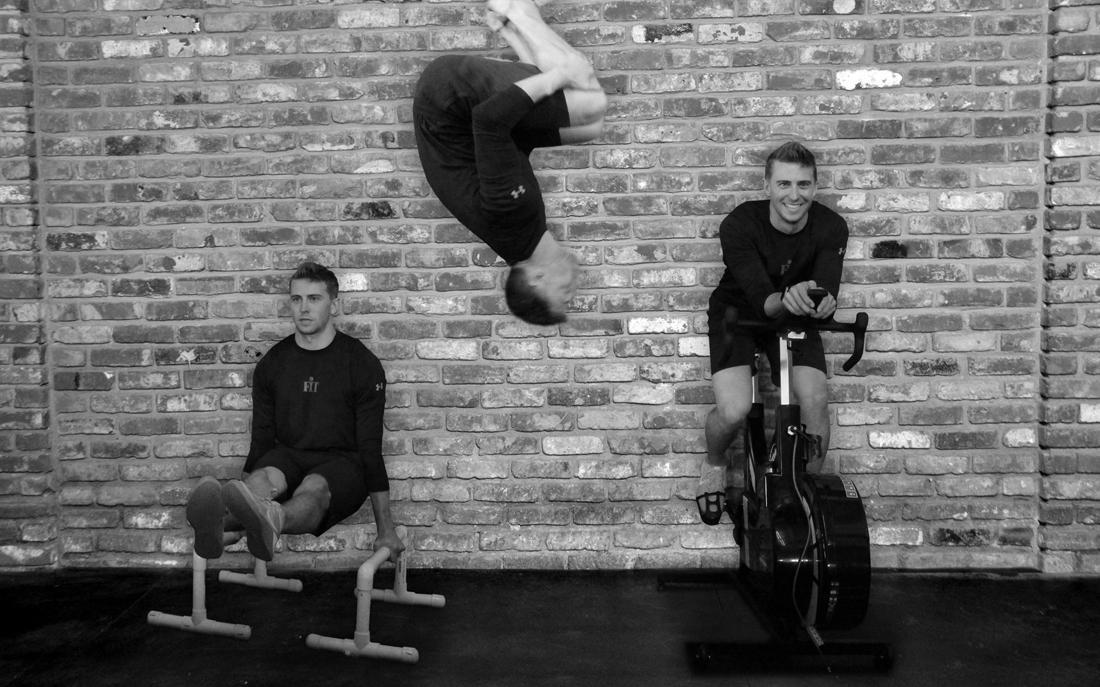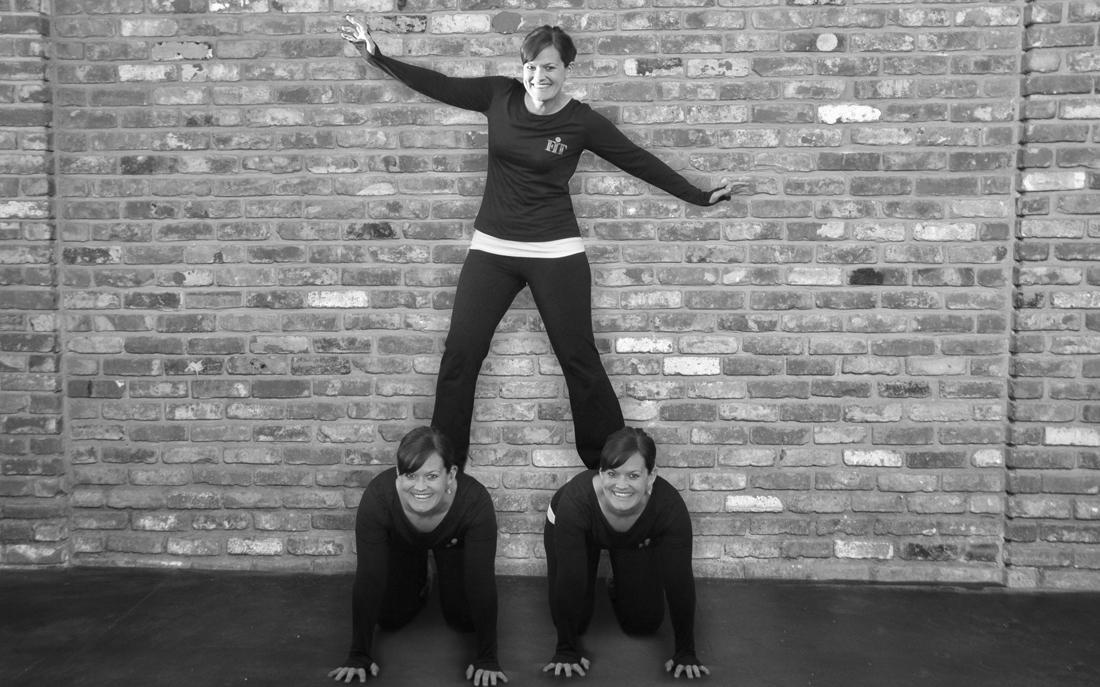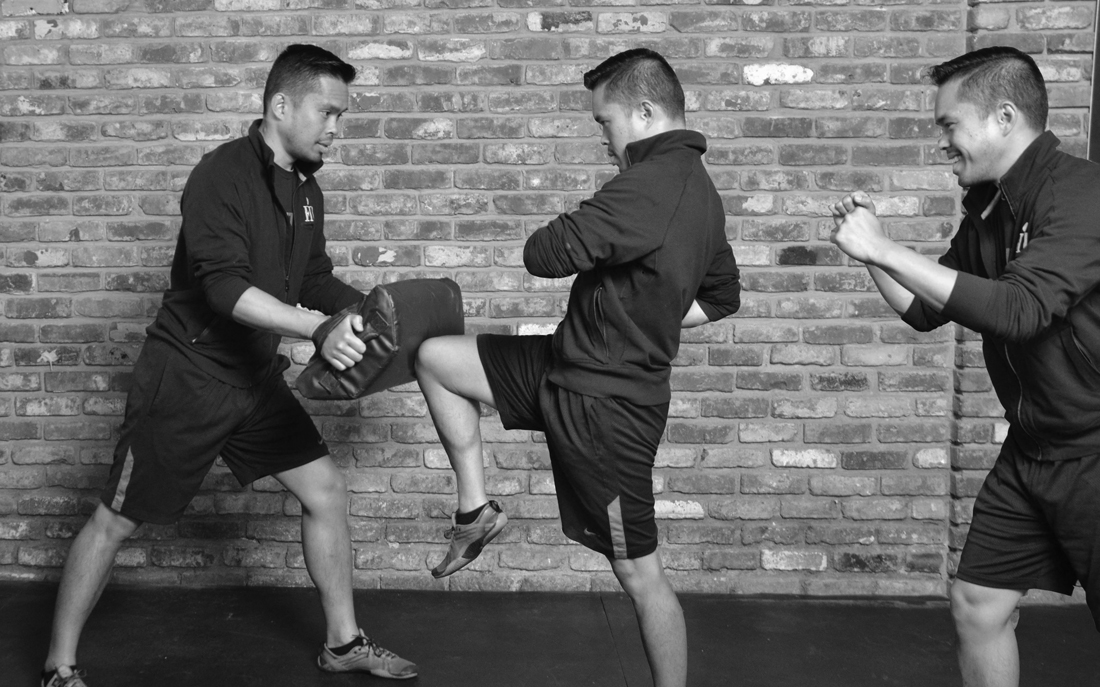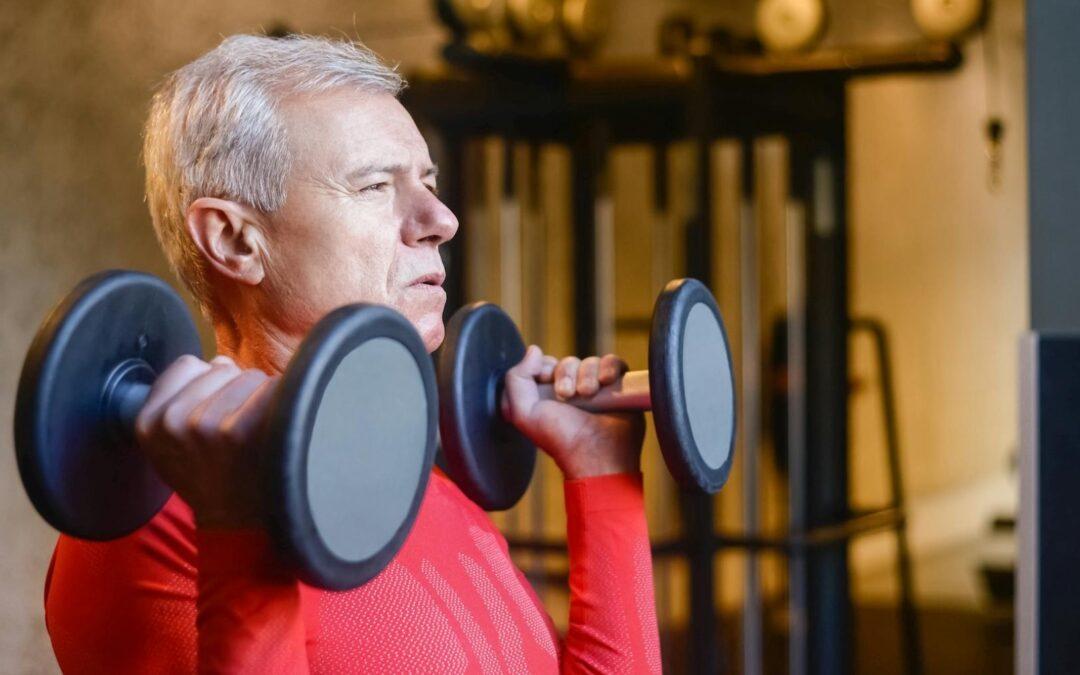Aging often brings challenges like declining muscle mass, reduced bone density, and a slower metabolism. But what if the secret to preserving strength, mobility, and even mental clarity lies in one key factor: lifting heavier weights? Many assume weightlifting is only for younger athletes, yet research shows that older adults can gain significant physical and mental health benefits from heavy resistance training. This article explores the many advantages of resistance training for seniors, debunking myths and empowering older adults to embrace a life of vitality.
Muscle Mass and Strength Preservation
As we age, our bodies naturally lose muscle mass and strength—a condition known as sarcopenia. Starting in our 30s, this decline becomes more pronounced after age 65, often leading to reduced mobility and independence. Left unaddressed, sarcopenia can make daily tasks, like lifting groceries or getting up from a chair, increasingly challenging. Preventing muscle loss with age becomes essential for maintaining independence and mobility.
A comprehensive review of randomized controlled trials reveals that strength training for older adults significantly combats sarcopenia. Participants who trained with 6–12 reps at 70%–85% of their one-repetition maximum (1RM) showed better long-term muscle strength and lean mass retention than those training at lower intensities. By incorporating heavy weights tailored to individual abilities, older adults can build and maintain strength, independence, and a better quality of life. The benefits of resistance training for seniors cannot be overstated, especially in helping to maintain muscle and strength as we age. Learn more about the benefits of heavy resistance training for muscle retention.
Bone Health and Density Improvement
Bone health is crucial as we age, especially for postmenopausal women who are at an elevated risk for osteoporosis. Bone density declines naturally, increasing the likelihood of fractures that can greatly impact mobility and independence. Improving bone density in seniors can significantly reduce fracture risks and help maintain an active lifestyle.
Research shows that heavy resistance training effectively stimulates bone growth and maintains bone density. By adding stress to bones, weightlifting triggers the body to fortify and rebuild bone tissue, reducing fracture risk. For seniors, this means a greater ability to stay active and lower risk of bone-related injuries. These benefits of resistance training for seniors are critical for overall health and longevity. For more insights, check out this study on bone density benefits from resistance training.
Boosting Metabolism and Promoting Fat Loss
Metabolism declines as we age, starting around age 20 and accelerating slightly after age 60. This slower metabolic rate often leads to fat storage and heightens the risk of metabolic conditions, such as Type 2 diabetes. Metabolism and aging are closely linked, with decreased activity further reducing metabolic rates.
Heavy resistance training increases muscle mass, boosting the resting metabolic rate and helping to counteract age-related weight gain. With more muscle, the body burns more calories at rest, aiding in weight management and reducing the likelihood of metabolic disorders. For older adults, this metabolic boost is invaluable for maintaining a healthy weight and preventing chronic conditions. Preventing muscle loss with age and maintaining a healthy metabolism can greatly benefit older adults’ overall health and longevity.Find more information on the metabolic advantages of resistance training.
Cognitive and Mental Health Benefits
Aging affects not just physical health but cognitive function as well. Older adults face an increased risk of depression, anxiety, and cognitive decline. Fortunately, the mental health benefits of exercise for older adults are substantial, potentially enhancing memory, mood, and overall brain health.
Studies indicate that heavy resistance training improves cognitive performance and reduces anxiety and depression in older adults. Through mechanisms like increased blood flow and the promotion of gray matter volume, weightlifting strengthens brain function. Older adults who engage in resistance training report better mental clarity, confidence, and overall well-being. For further reading, see this research on mental health improvements from resistance training.
Enhancing Quality of Life and Independence
One of the biggest concerns for older adults is the loss of independence due to reduced mobility and a higher risk of falls. Resistance training strengthens muscles and improves coordination, which enhances balance and reduces fall risk. Strength training for older adults strengthens muscles and improves coordination, which enhances balance and reduces fall risk.
By building stronger muscles and bones, seniors can maintain functional independence longer, handling daily tasks without relying on help. Regular resistance training, regardless of when it’s started, promotes long-term improvements in physical and mental health, allowing older adults to embrace their golden years with vitality and dignity. These benefits of resistance training for seniors can truly transform the aging experience. Read more about quality of life improvements with resistance training.
Debunking Myths About Heavy Resistance Training for Older Adults
Despite clear benefits, myths still discourage older adults from engaging in heavy weightlifting. Common misconceptions include:
Myth #1: Older adults are too fragile for heavy lifting.
Myth #2: Weightlifting is only for young athletes or bodybuilders.
Myth #3: Light activities, like walking, are sufficient for health in old age.
These myths often deter older adults from experiencing the strength-building benefits of resistance training. However, research shows that even individuals in their 70s and 80s can safely perform heavy resistance exercises with proper guidance. In fact, safe weightlifting for seniors provides more advantages for muscle and bone health than lighter activities.
Conclusion
Heavy resistance training offers powerful long-term benefits, from preserving muscle mass and bone density to enhancing mental health. For older adults, it’s an effective way to combat age-related decline, supporting physical and cognitive health well into their later years.
Don’t let myths or fears prevent you from experiencing these benefits. With the guidance of a qualified trainer, you can safely incorporate heavy resistance training into your routine, staying strong, independent, and healthy for years to come. The benefits of resistance training for seniors are clear: from improving bone density in seniors to enhancing mental health benefits of exercise for older adults, heavy resistance training is a powerful ally in the pursuit of lifelong wellness.
